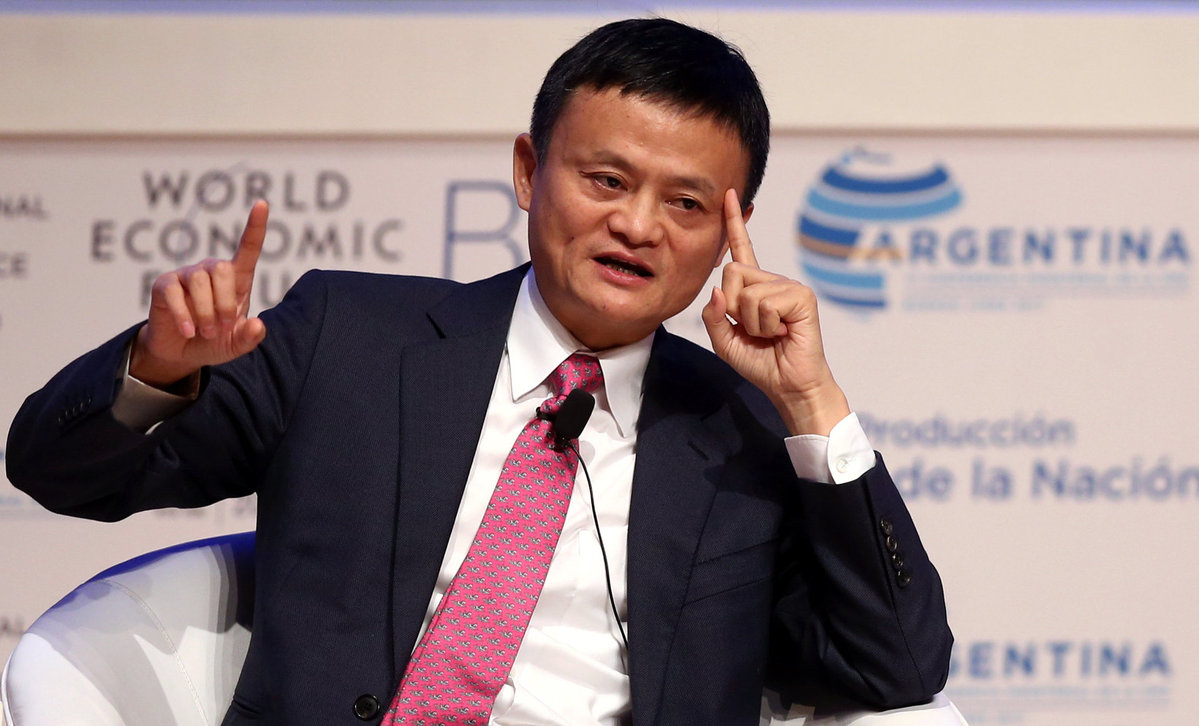Alibaba's AI beats humans in reading test


SAN FRANCISCO - Artificial intelligence programs built by China's e-commerce titan Alibaba scored better than humans on a Stanford University reading and comprehension test.
"This is the first time that a machine has outperformed humans on such a test," Alibaba said in a statement on Monday.
The test was designed by artificial intelligence experts at Stanford to measure computers' growing reading abilities. Alibaba's software was the first to beat the human race.
Luo Si, chief scientist for natural language processing at Alibaba's AI research arm, called the milestone "a great honor," but also acknowledged that it is likely to lead to a significant number of workers losing their jobs to machines.
The technology "can be gradually applied to numerous applications such as customer service, museum tutorials and online responses to medical inquiries from patients, decreasing the need for human input in an unprecedented way," Si said in a statement.
Alibaba has already employed the underlying technology in its November 11 shopping festival over the years, using computers to answer a large number of customer service questions, the company said.
Pranav Rajpurkar, one of the Stanford researchers who developed the reading test, said in a tweet that Alibaba's feat is "a great start to 2018" for artificial intelligence.
Based on more than 500 Wikipedia articles, the Stanford quiz asks the AI to provide exact answers to more than 100,000 questions, testing its ability to process large amounts of information before supplying precise answers to queries. It is considered one of the world's most authoritative machine-reading gauges and has previously attracted companies such as Google, Facebook, IBM, Tencent and Samsung.
The deep neural network model developed by Alibaba scored 82.44 on the test last week, narrowly beating the 82.304 achieved by human participants. A day later, Microsoft's AI software scored 82.650 on the same test.
"That means objective questions such as 'what causes rain' can now be answered with high accuracy by machines," Si said.
China's technology firms Tencent and Baidu are also competing to develop AI that can enrich social media feeds, target ads and services or even aid autonomous driving.
China has stressed innovation in its 13th Five-Year Plan (2016-2020), with an aim to become an "innovation nation" by 2020, an international leader in innovation by 2030, and a world powerhouse in scientific and technological innovation by 2050.




































